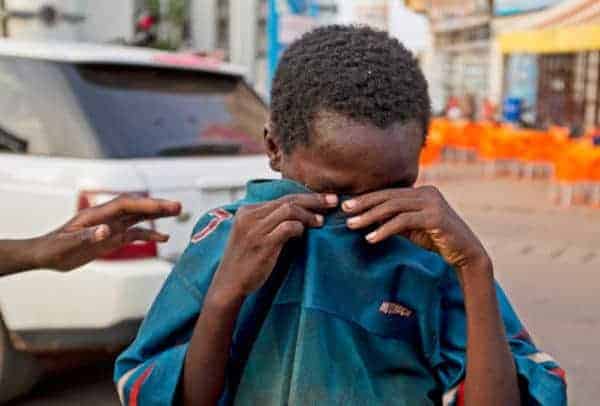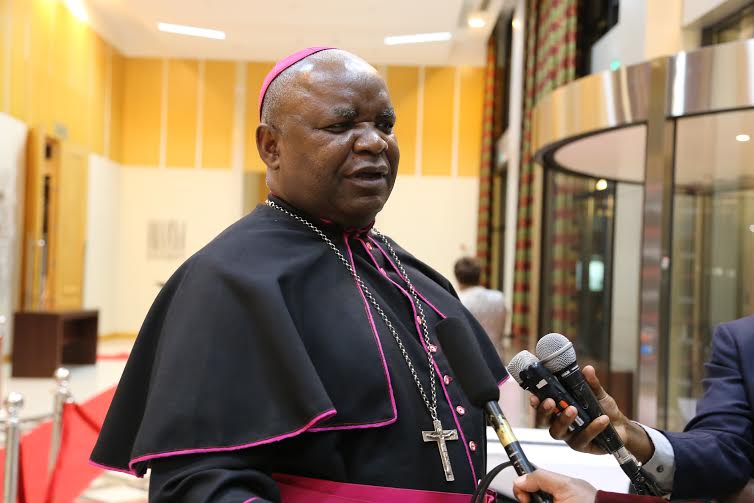By Benjamin Maona
Two Non-governmental organisations in the country, Eye of the Child and Centre for Human Rights Education, Advice and Assistance (CHREAA) have backed up the directive by the Ombudsman to districts council and other stakeholders to take streets kids off the streets.
In her ruling dated March 22, 2019, Ombudsman Martha Chizuma directed Blantyre, Lilongwe, Mzuzu, Zomba city and other councils to lead other stakeholders like Police in withdrawing the kids within 12 months.
However, while backing the directive, the two organisations have highlighted some of the issues that need to be addressed to ensure the exercise registers success.
CHREAA executive director Victor Mhango suggested to government to introduce safety homes for the street kids.
“The directive is good and is welcome, but first we should have safety homes for the kids which we do not have in Malawi by now. The recent judgement ensured that children should not be in prisons but protected homes but is the same thing where they produce good children policies but fail to implement them. Mpemba and Bvumbwe are not safe home,” Mhango said.

In a statement, Eye of the Child urged the Ministry of Gender, Disability, Children and Social Welfare and the district councils to fully implement the directives by adopting concrete measures in collaborative with other stakeholders.
The organisation has suggested that the children be provided with material and other assistance including legal advice, counselling, rehabilitation, education and shelter for destitute children.
Just like CHREAA, Eye of the Child also supports the need to have safety homes which provides meals, informal education, healthcare, counselling, sanitation and recreation facilities.
“.. to improve the quality of life of street children and their families for example by providing street children with the opportunity to be re-integrated into formal schooling or tertiary education in order to increase their employment abilities, a lot of awareness raising must be done to avoid stigma and discrimination once such children return to school. To re-unite and rehabilitate children and their families.
“To look for foster parents or community based foster homes we need policy that encourages children to be looked after in our own communities in our country. To assess the needs of street children and arrange for appropriate care, an appropriate school or payment of school fees, and other day centre activities such as skills training, literacy and numeracy training which falls squarely under responsibilities of local government authorities in the Child Care, Protection and Justice Act,” reads part of the statement.
This is not the first time for such directives to be issued, as the Ministry of Gender also made a similar directive few years ago back but it was never implemented.



